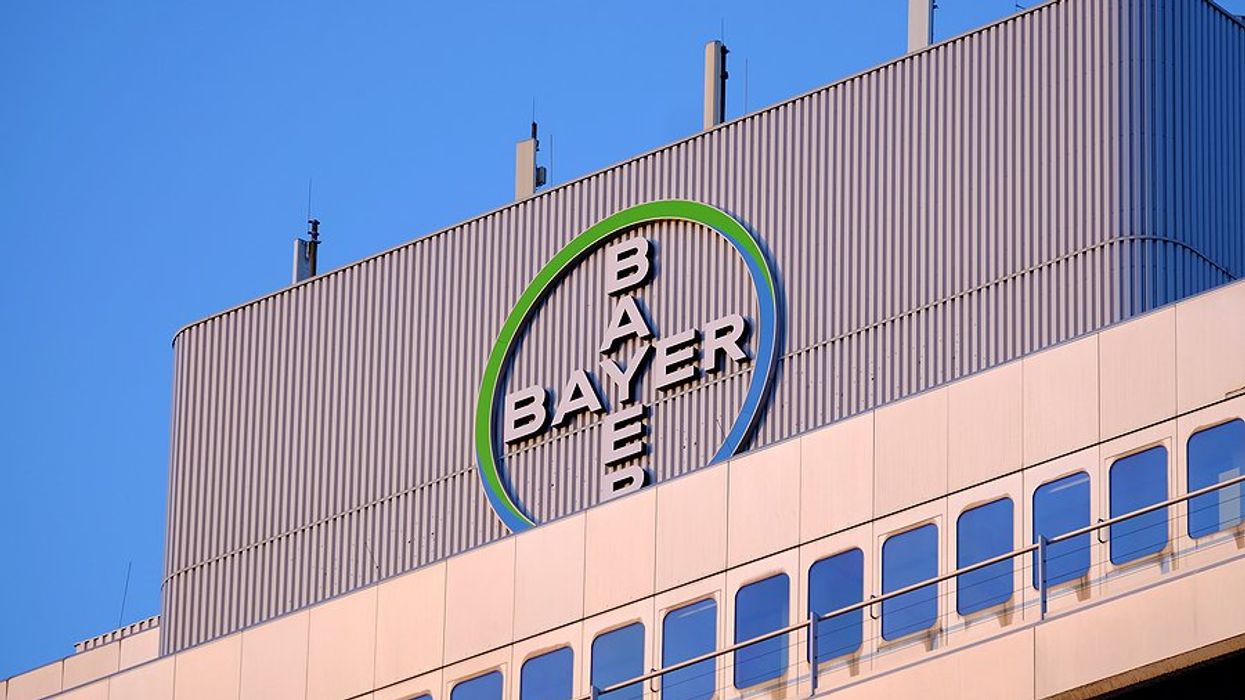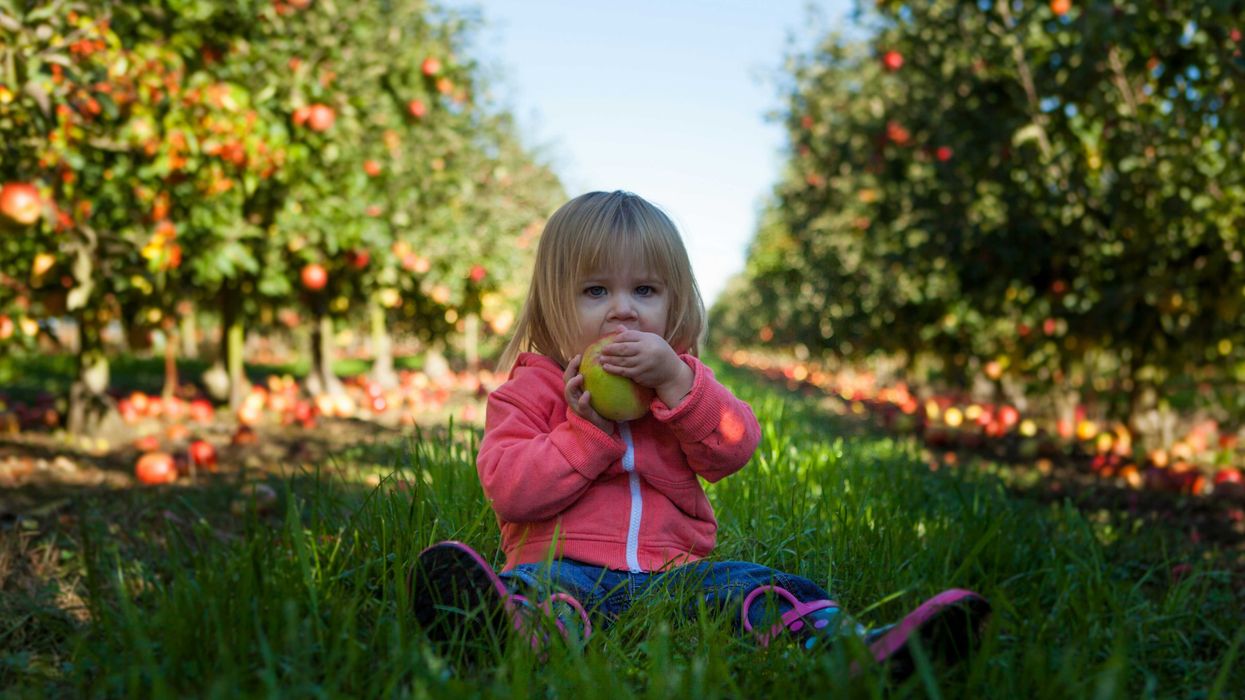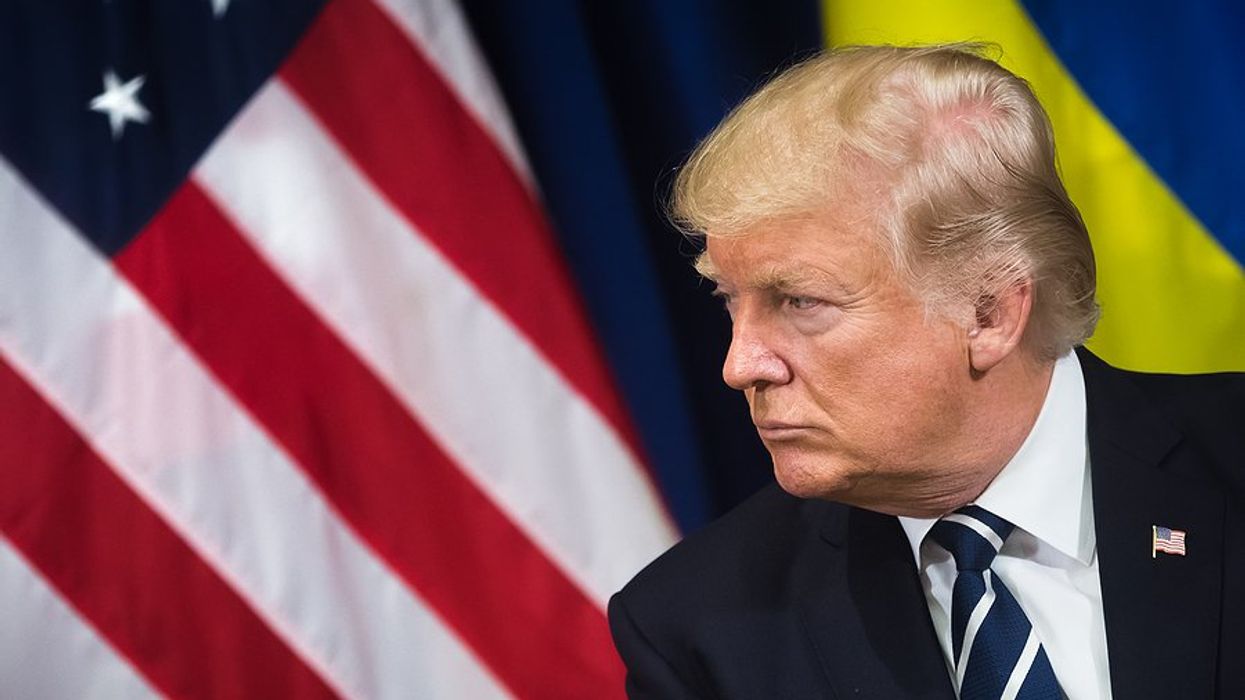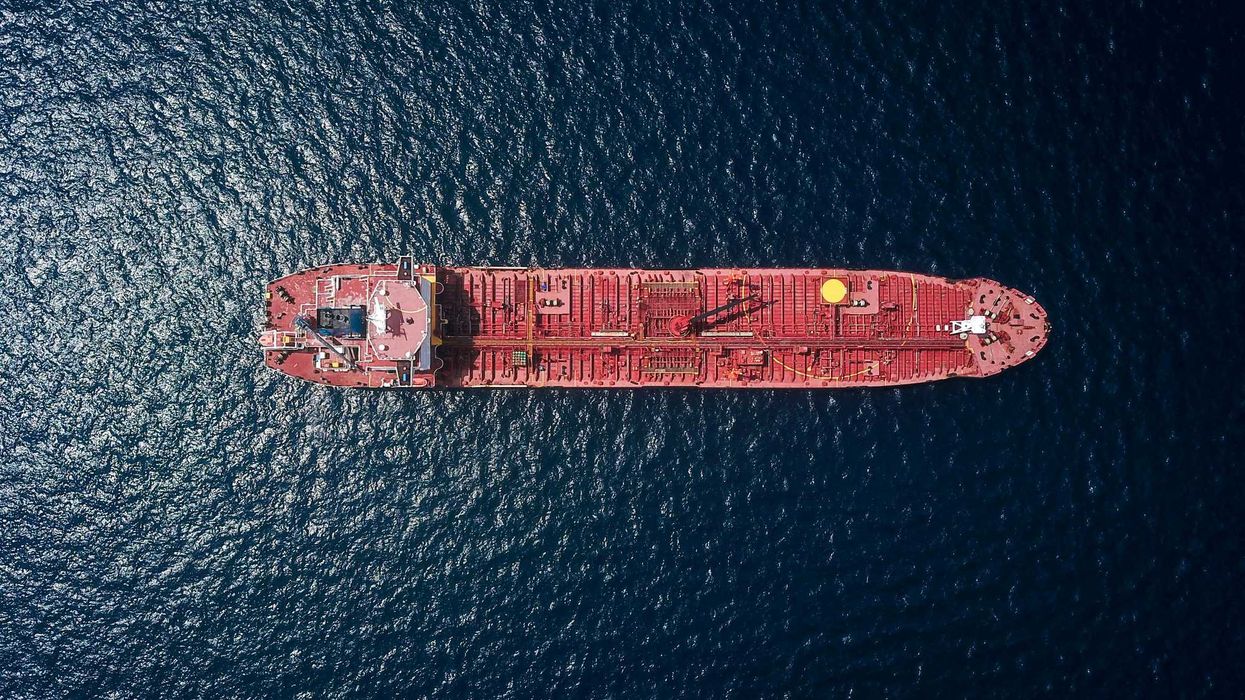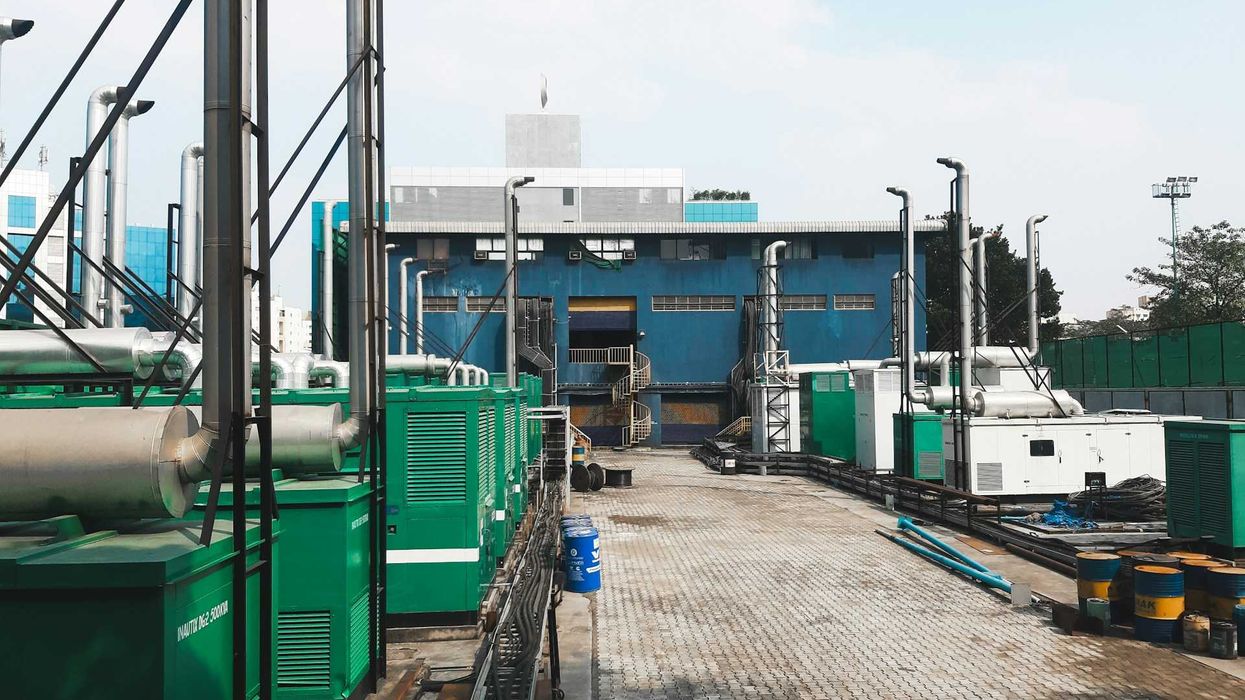The Bangladeshi government has started enforcing a ban on single-use plastics, part of a broader effort to curb plastic waste, with initial measures targeting grocery bags.
Abu Siddique reports for Mongabay.
In short:
- Bangladesh generates about 87,000 tons of single-use plastics annually, most of which end up as waste.
- A law passed in 2002 to control plastic pollution was never fully implemented but is now being enforced, starting with a ban on plastic grocery bags.
- The government is promoting jute-based alternatives and plans to expand the ban to other single-use plastics.
Key quote:
“We are banning the use of polythene-made bags for grocery use and, gradually, we will implement all possible usage.”
— Syeda Rizwana Hasan, advisor for the environment ministry
Why this matters:
Plastic pollution in Bangladesh is overwhelming ecosystems and affecting food chains, with microplastics even appearing in agricultural products. Effective regulation and alternatives could help mitigate this environmental crisis.


